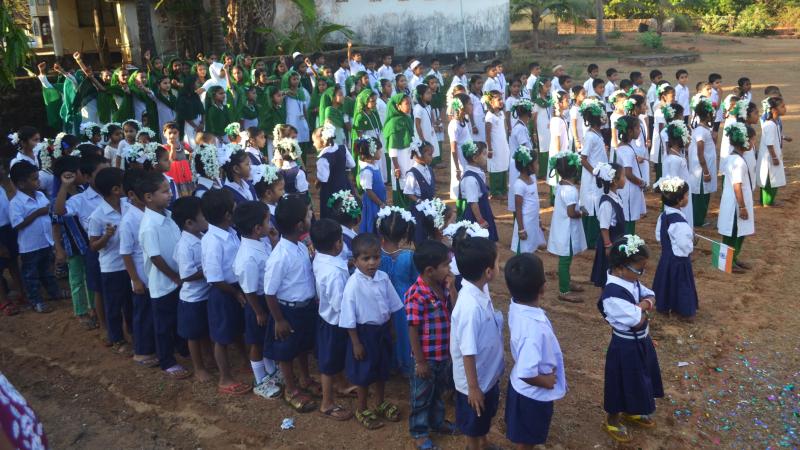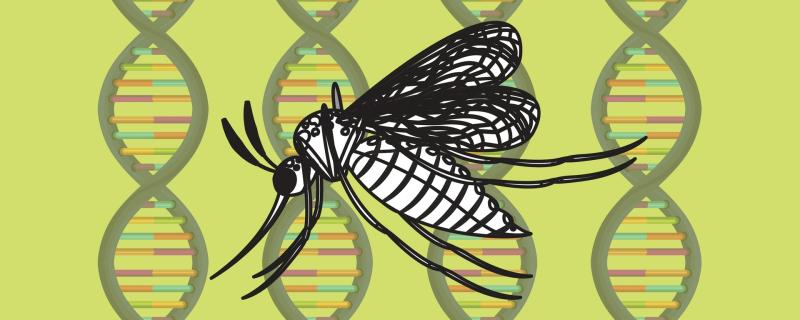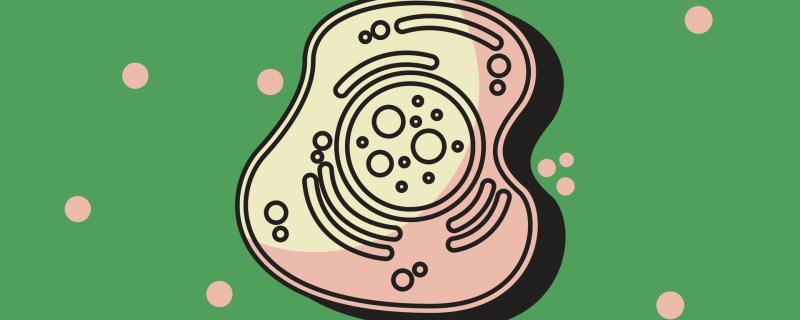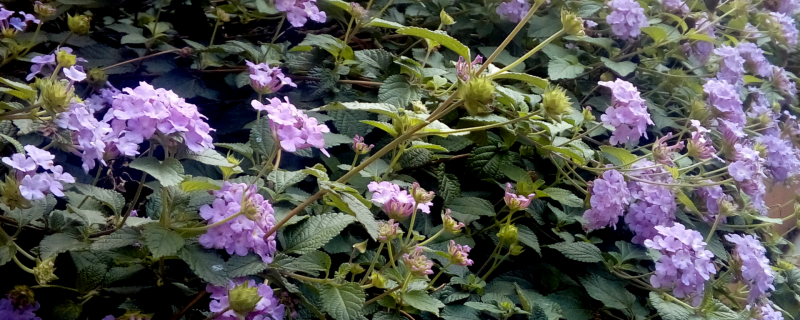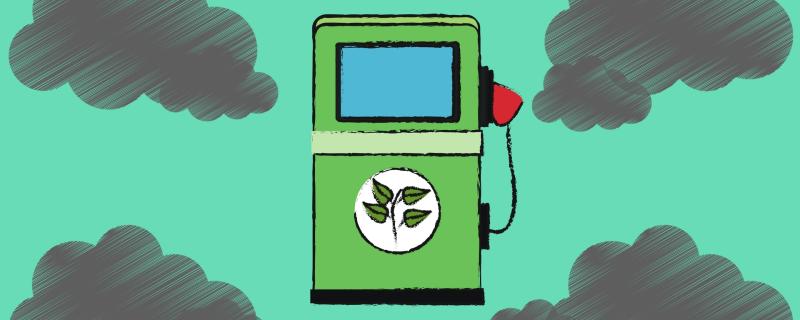Commons is defined as any natural or cultural resources that can be accessed by any member of a society. This includes the air we breathe, oceans and rivers, grazing lands, fish stock, forests and even an office computer.
Archives
Mosquito borne diseases like malaria and dengue are still rampant and have posed a great challenge to mankind. We have lost several lives in our war against mosquitoes, and scramble new ways to fight them. Now, researchers are working to genetically engineer the genes of mosquitoes using the technique of RNA interference, where an RNA is artificially inserted to disturb the normal functions of mosquito cells, thereby killing them in the process. This process, they claim, is environmentally friendly and most effective compared to existing strategies.
Cancer remains one of the most terrifying disease to face, despite decades of research and billions of dollars spent. They are a group of diseases that begins with abnormal cell growth, which then spreads to other parts of the body, causing huge damage to the tissues and cells.
Indigenous people throughout the world from the Amazon to the Andamans are caught in a tricky devastating situation. On the one side, their habitats are being continuously destroyed and the resources that they once depended upon -- like water and forests are being snatched away from them. On the other side there is a pressure of ‘modernization’ pushing them to everlasting poverty. Without a sustainable solution to these challenges that they face, they always remain left out from the mainstream unable to fend for themselves. On this International Day of World’s Indigenous People, let us take a look at the Todas of Nilgiri and understand what it is like to be a tribesman in the 21st century.
The process of voting is the cornerstone of any democratic process. Be it selecting the leader of a nation or just deciding the laws that govern a nation, a democratic process allows the different participants and stakeholders of the election to have a uniform chance of having their choice win.
Cells are the building blocks of life and have witnessed many exciting phases of evolution. Over this period, since the beginning of life several million years ago, the functionalities of the cell and its organelles have become sophisticated. Cells have also evolved smarter ways to address common challenges and one of them is the acidification of the enzymes found inside cells. While this acidic environment serves many well known functions, a new study shares an interesting hypothesis on the reason behind the acidic pH -- detecting leaks in the cell. Since synthesis of enzymes is an expensive process, the study argues that cells use the acidic medium to detect possible leaks, thus saving energy in the process.
The Smart Cities Mission of the Indian government aims to develop at least 100 cities around the country in to smart cities. Internet of Things and Cyber Physical Systems, the two technologies that will enable the smart city dream, still in nascent stages and require enormous efforts from researchers and engineers to set up the framework for such cities.
Invasive plants pose a major threat to the native vegetation of an ecosystem, resulting in severe competition for resources and in some cases, complete replacement of native plants by alien plants. Lantana camara is a well-known alien plant in India that has spread like wildfire and needs better strategies to manage this invasion. Since seed dispersal plays a major role in the spread of this shrub, a new study now attempts to understand how this plant succeeds in attracting various fruit eating birds that act as seed dispersers. By understanding how Lantana attracts these birds, better strategies to manage the weed could be developed, say the researchers.
The fossil fuel crisis arising due to our increased use of oil leading to diminishing oil reserves, is giving rise to an increase in renewable energy generation. While solar and wind are preferred to produce electricity, biodiesel is preferred as a replacement to petrol and diesel.
